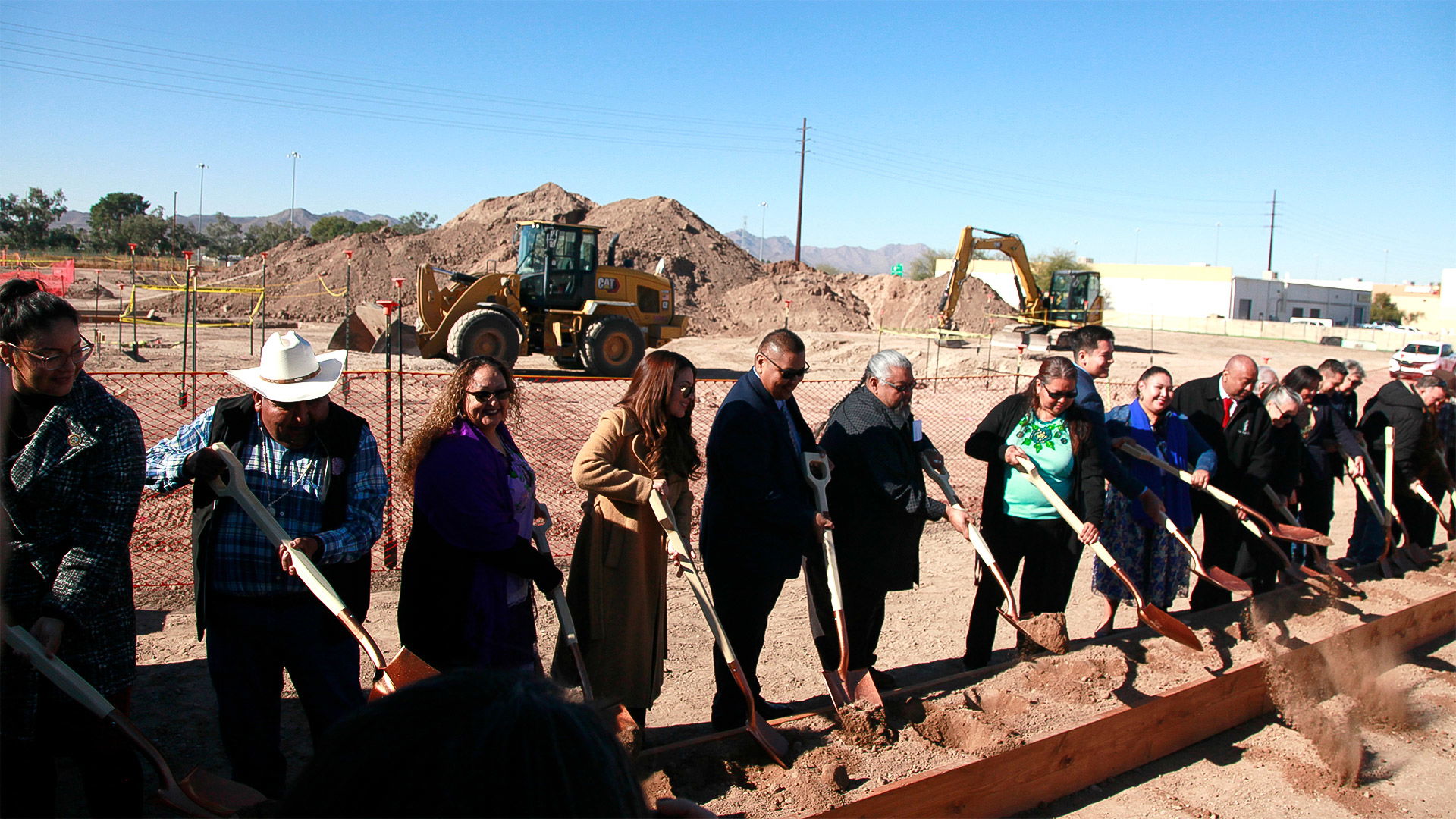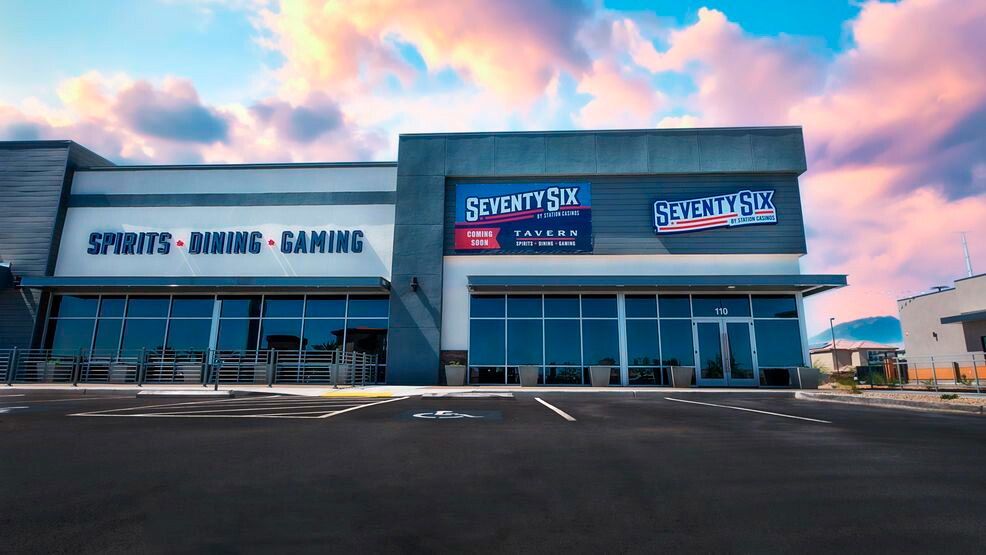Massachusetts federal court considers tribe's request for casino land

The Mashpee Wampanoag Tribe asked the First Circuit on Wednesday for permission to offer more modern-day hospitality at a $1 billion casino resort.
The federal appeals court in Boston will be hearing arguments in a long-running dispute over the Cape Cod-based tribe's efforts to gain federally protected land for the casino.
As reported by the Associated Press, the tribe was granted 321 acres of land in trust in 2015 by then-President Barack Obama, a move that carved out the sovereign land needed for the tribe to develop its planned $1 billion First Light casino, hotel and entertainment resort.
But a group of residents sued, arguing the federal government couldn't take land into trust for the tribe because it wasn't officially recognized as of June 1, 1934, when the federal Indian Reorganization Act, which created the land in trust process, became law.
The Mashpee Wampanoag Tribe, which traces its ancestry to the Native Americans that shared a fall harvest meal with the Pilgrims in 1621, wasn't federally recognized until 2007.
A federal judge in 2016 ruled in favor of the residents, sending the decision back to the Interior Department for reconsideration. The tribe, meanwhile, halted the casino project, which it had broken ground on in Taunton, a city south of Boston where some of its trust lands were located.
The casino effort was dealt a major blow in 2018, when Republican President Donald Trump reversed his Democratic predecessor's decision granting the lands, a move that the tribe has challenged in federal court.
An effort to restore the tribe's federally protected lands through an act of Congress also stalled last year in the Republican-controlled Senate after clearing the Democrat-led House.
The Mashpee Wampanoag Tribe, in its federal court appeal, says the notion that the tribe isn't "Indian" under federal law is "absurd."
It cites a long history of maintaining its "tribal identity, community and culture" that includes celebrating what's considered the first Thanksgiving with Pilgrims and the centuries of "persecution and land theft" that followed.
The tribe also warns that upholding the 2016 lower court decision would place "another black mark" in the nation's history of failing to treat the tribe "fairly and honorably."
The residents counter that the tribe's appeal is moot now that the Trump administration has reversed the Obama-era decision.
They also note, as they have in prior arguments, that the U.S. Supreme Court ruled in 2009 that trust land is reserved for tribes federally recognized by 1934 only.
“It’s not so obvious that either of you is correct,” U.S. Circuit Judge Sandra L. Lynch told the lawyers in the case Wednesday. “You’ve managed to convince us that we still have a lot of work to do.”
Lynch, a Clinton appointee, asked both sides to submit additional briefings to help the court make a ruling.
The proposed First Light Resort and Casino would be located in Taunton, Mass., some 50 miles from the Wampanoag tribe’s ancestral home in Mashpee on Cape Cod.
David Henry Tennant, a lawyer for the Taunton residents who works out of Pittsford, N.Y., argued that the most natural reading of the law’s text would exclude the Wampanoag. “If you gave it to 100 English teachers, they’d all agree” that’s what it means, he said.
But U.S. Circuit Judge Kermit V. Lipez, a Clinton appointee, said interpreting the law that way led to some inconsistencies, which he called “pretty weird” and “a bit of a head-scratcher.” And Lynch added: “No, that can’t possibly the standard. You can’t say there’s no other possible reading.”
But when the tribe’s lawyer, Benjamin J. Wish of Todd & Weld in Boston, suggested that the law was ambiguous, Lipez asked him: “But why isn’t that the most natural reading? That’s what I’m struggling to understand.”
Wish said the purpose of the law was to help Native Americans. “A conclusion that [the tribe] is not ‘Indian’ is too absurd and darkly ironic even for Franz Kafka,” he wrote in his brief.


















































